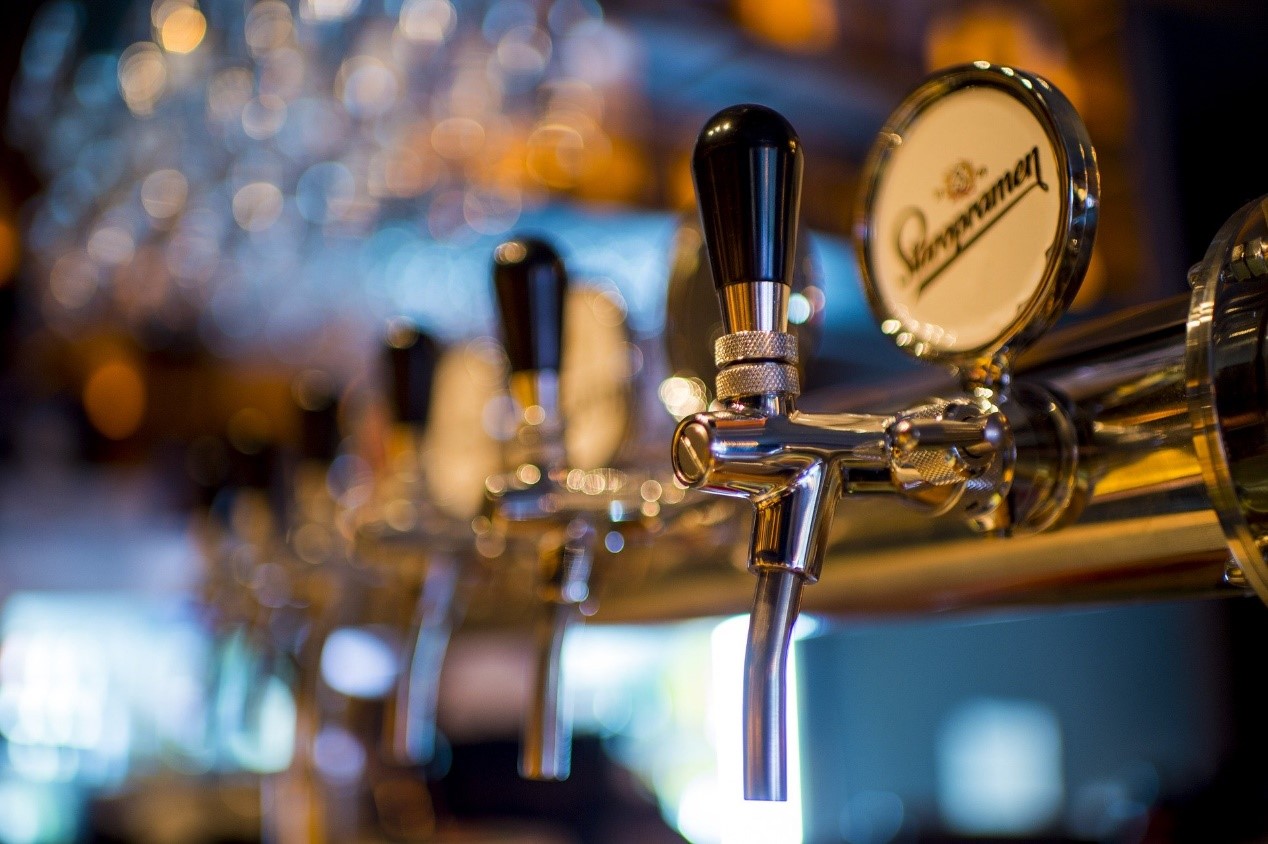Many people who run pubs start off as tenants or leaseholders before considering buying a freehold once they’ve built up their knowledge, skills and experience.
Buying a pub and running it as a free house means you will be an independent business without any ties to a specific brewery or company – so you’ll be fully in charge of every decision.
Of course, buying a pub will usually require some form of finance. If you’re thinking about buying a pub, here’s what you need to know about financing a pub purchase.
Commercial mortgage for pubs
Taking out a commercial mortgage is another way to fund your pub. Working in the same way as a traditional, domestic mortgage, a commercial mortgage will be secured against the property and can form up to 75 percent of the market value of the pub.
Commercial mortgages can be surprisingly affordable. Unlike residential mortgages, they do not have standard rates of interest, meaning the lending manager will look at each application on its own merits in order to determine the level of risk involved and set the rate accordingly.
Of course, securing a mortgage that allows you to buy a freehold or leasehold pub naturally involves several different steps to those required to finance a house purchase.
Merchant cash advance for pubs
While a merchant cash advance is not a suitable finance method for funding the initial purchase of your pub, it may well provide an effective solution for covering costs such as equipment or other unexpected expenses, as well as expansion, stock, or renovation.
If you have a sudden or unexpected need for finance to keep your pub running and your customers happy, a merchant cash advance could provide a quick and flexible solution. This type of pub financing works particularly well for pubs that accept credit and debit card payments, as the advance is repaid this way.
Expert advice
If you’re looking for funding to finance a pub purchase, one of the first things you should do is consult a specialist broker who will be able to provide further information about the options available to you, and search the market for the best possible offers.
At Stewart Hindley, we are experts in this sector. Get in touch to find out more or to arrange a completely free, no-obligation consultation.

